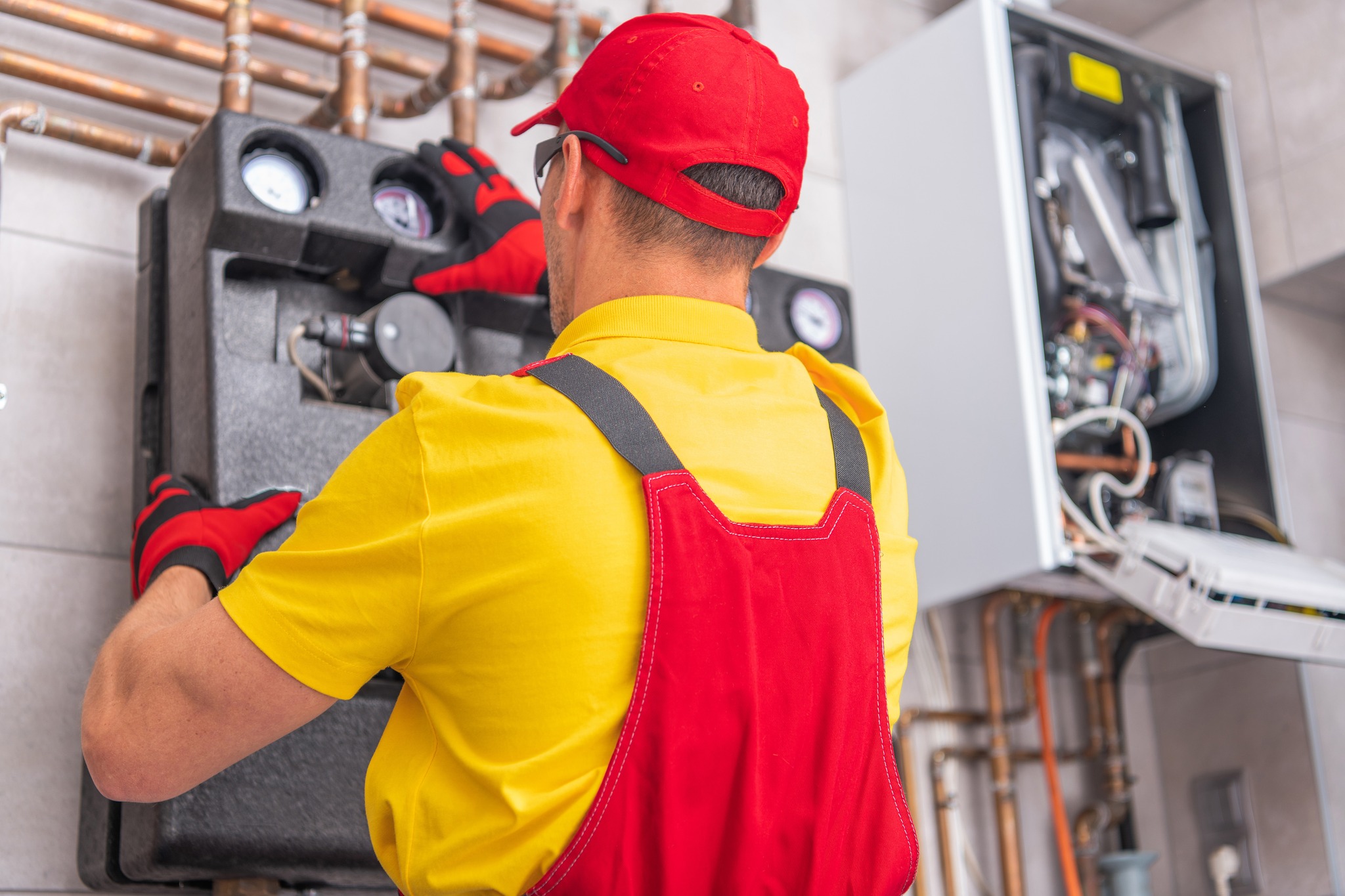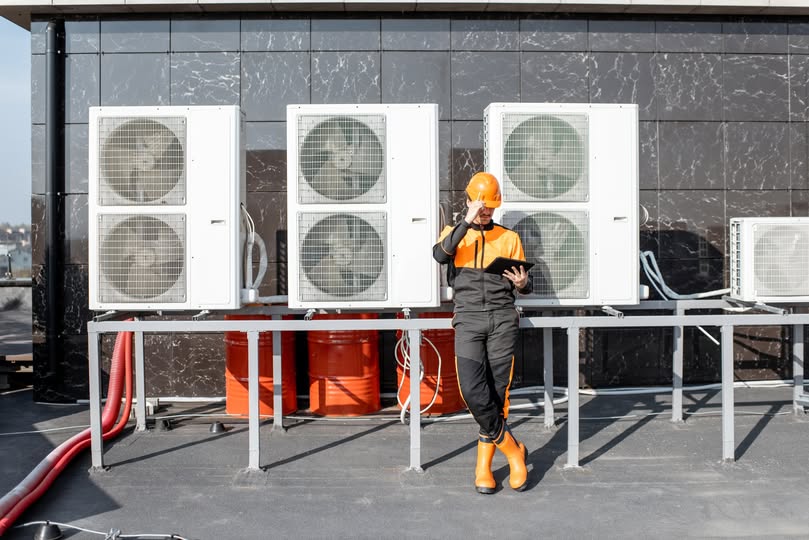A Deep Dive into Commercial Water Heaters: Your Ultimate Guide
Welcome to this comprehensive guide on commercial water heaters, where we delve into the world of heating solutions tailored to meet the demands of businesses and large-scale applications. Whether you manage a hotel, restaurant, gym, or laundry facility, having an efficient and reliable commercial water heater is essential for providing hot water to your clients and for various operations. In this blog, we'll explore the types, features, and factors to consider when choosing the best water heater for your business.
1. Types of Commercial Water Heaters:
There are several types of commercial water heaters to choose from, depending on the size of your business, the hot water demand, and the fuel source. The most common types include:
a. Storage Tank Water Heaters:
These are the most traditional type of water heaters, with a large insulated storage tank that holds heated water. They can be powered by natural gas, propane, or electricity, and are available in a range of capacities to meet different demands.
b. Tankless Water Heaters:
Also known as on-demand or instantaneous water heaters, these units heat water as it flows through the system, providing hot water without the need for a storage tank. They offer energy savings due to their efficiency and minimal standby heat loss.
c. Heat Pump Water Heaters:
These water heaters use electricity to move heat from the air or ground to heat the water, making them highly energy-efficient. They can be standalone units or combined with a storage tank.
d. Solar Water Heaters:
As the name suggests, solar water heaters harness the sun's energy to heat water. These systems are eco-friendly and can significantly reduce energy costs, although they often require a backup system for cloudy days or high-demand periods.
2. Key Features to Consider:
When choosing a commercial water heater, consider these features to ensure you're making the best decision for your business:
a. Capacity:
Select a water heater with enough capacity to meet the peak hot water demand of your business. For instance, a restaurant or a hotel may require a higher capacity unit compared to a small office.
b. Recovery Rate:
The recovery rate is the amount of hot water a water heater can produce in an hour. A higher recovery rate ensures that the unit can quickly replenish hot water during periods of high demand.
c. Efficiency:
Choose a water heater with a high energy factor (EF) or thermal efficiency rating to minimize energy consumption and reduce utility costs. Heat pumps and tankless water heaters are generally more efficient than traditional storage tank units.
d. Maintenance and Longevity:
Opt for a water heater that is easy to maintain and has a long service life. Check the warranty offered by the manufacturer as an indicator of the unit's durability.
3. Factors to Consider When Choosing a Commercial Water Heater:
a. Fuel Source:
The fuel source (natural gas, propane, electricity, or solar) plays a significant role in determining the efficiency and operating cost of your water heater. Consider the fuel source that is most readily available and cost-effective for your business.
b. Space Requirements:
Consider the space available for installing the water heater. While tankless units take up less space, storage tank heaters require more room for installation.
c. Budget:
Determine your budget for the initial investment as well as ongoing maintenance and energy costs. While some units may have a higher upfront cost, they can provide long-term savings through energy efficiency and lower maintenance expenses.
Conclusion:
Choosing the right commercial water heater is a crucial decision that can impact your business's efficiency, costs, and overall performance. By considering the type, features, and various factors discussed in this guide, you can make an



